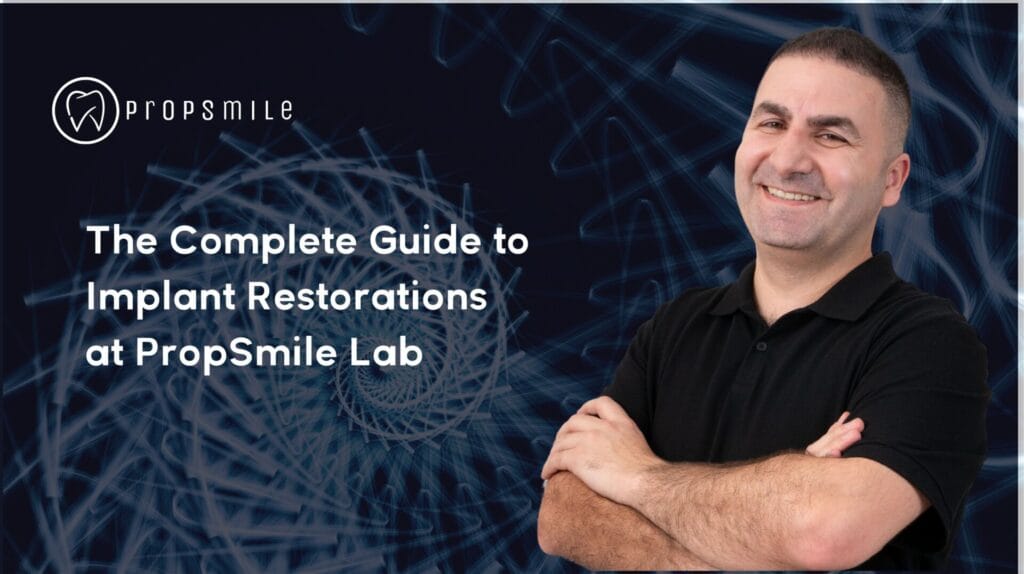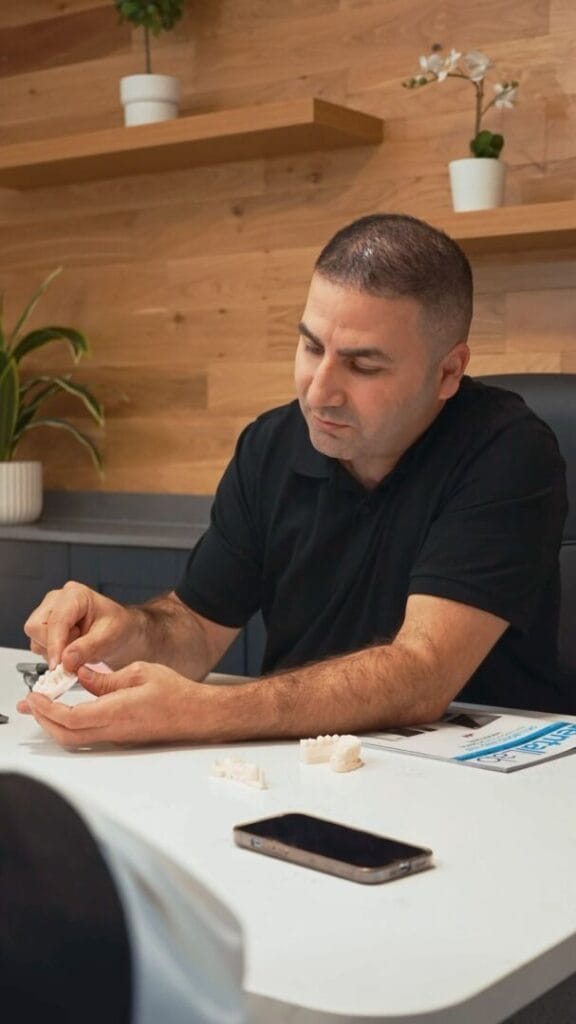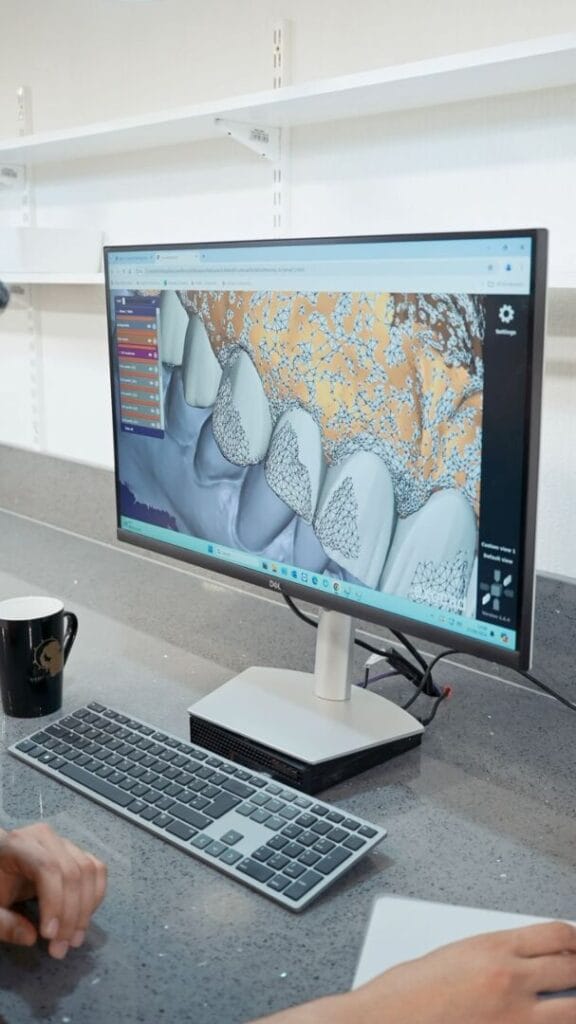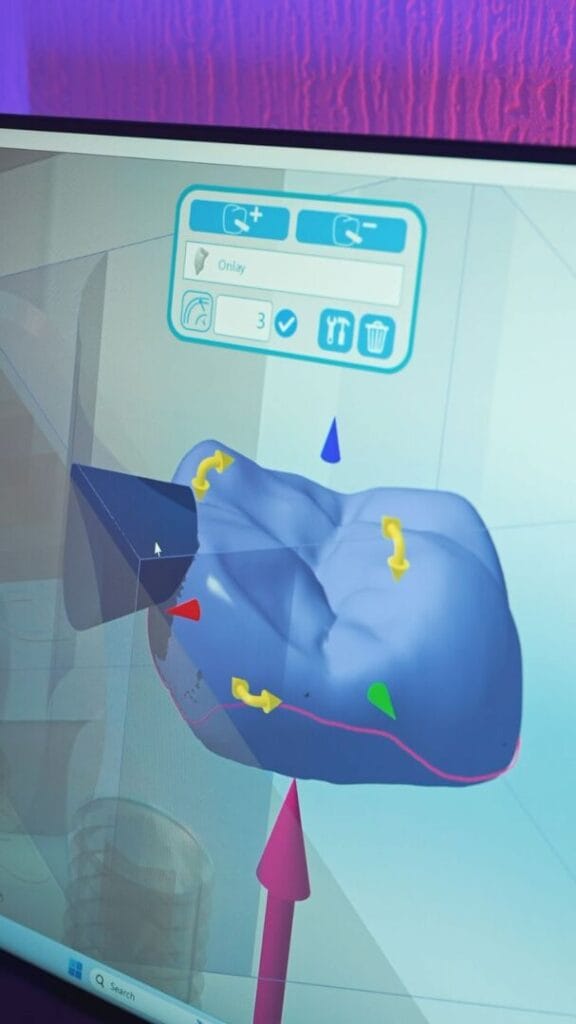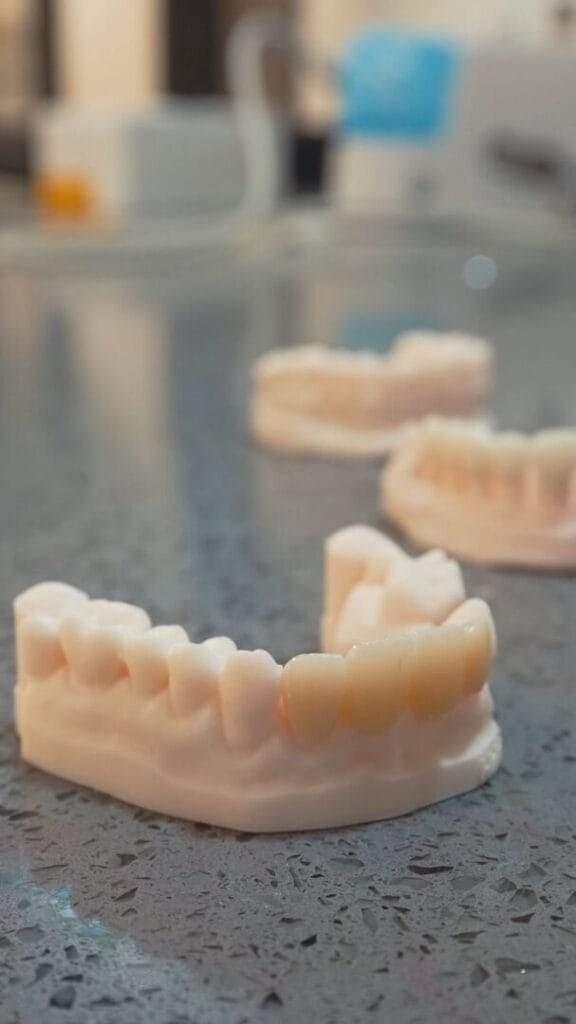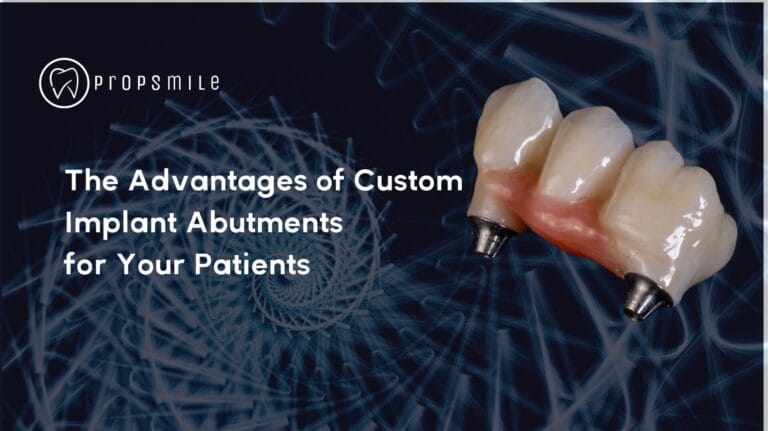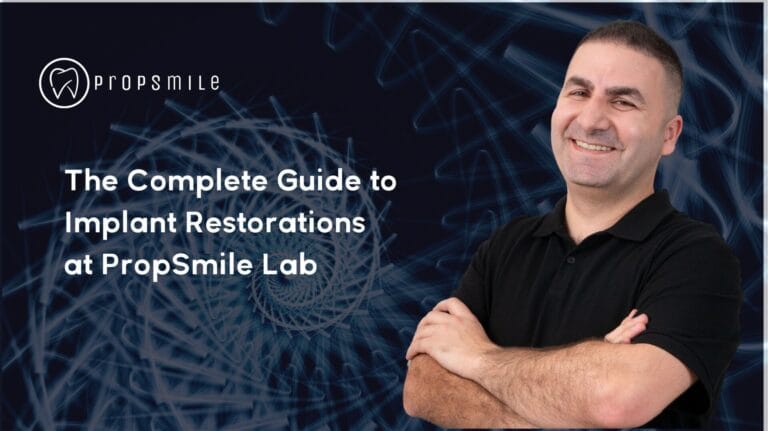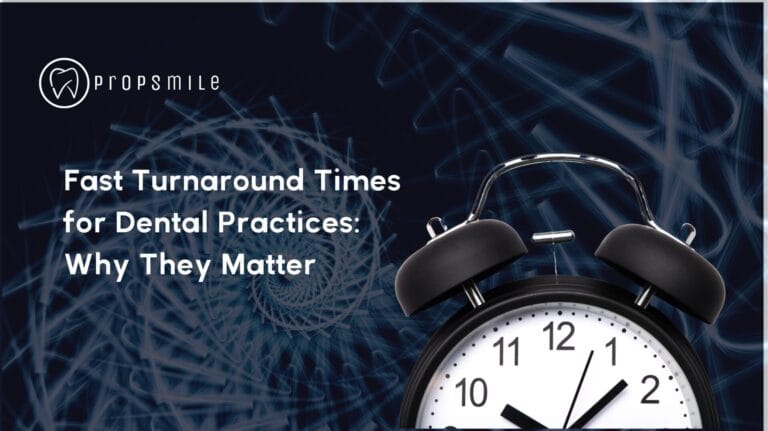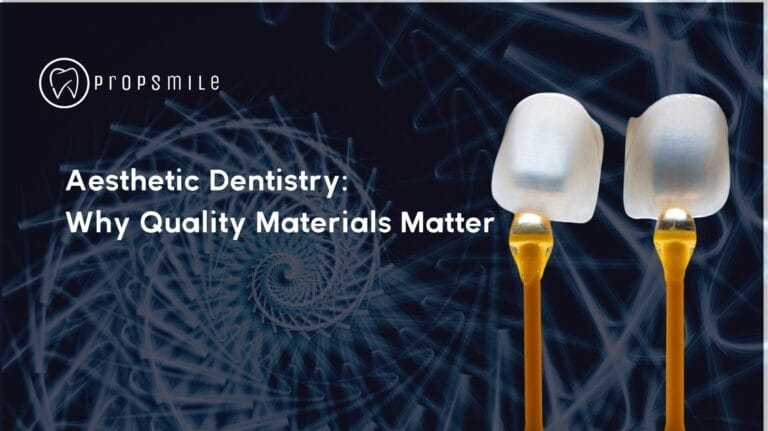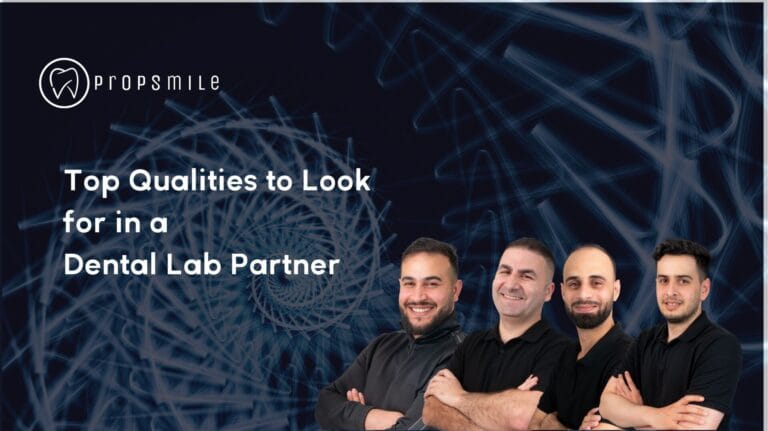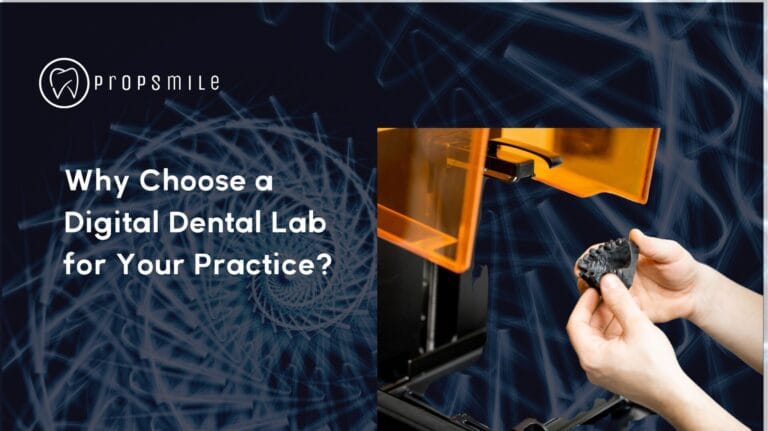Implant Restorations Dental Lab: Complete Guide by PropSmile
Implant restorations have redefined modern dentistry, offering patients a durable, aesthetic, and functional replacement for missing teeth. At PropSmile Lab, we leverage cutting-edge technology and advanced materials to deliver implant restorations that meet the highest standards of excellence. From single-tooth crowns to full-arch solutions, our expertise ensures predictable outcomes that enhance patient satisfaction and trust.
1. What Are Implant Restorations?
Implant restorations involve the prosthetic components that attach to dental implants, replacing missing teeth. These can include crowns, bridges, or full-arch solutions, each designed to restore the function and appearance of the patient’s dentition.
2. Why Implant Restorations Matter
- Functional Benefits: Restorations improve chewing efficiency and prevent further dental complications caused by missing teeth.
- Aesthetic Improvements: High-quality materials and precision engineering ensure that restorations look natural and blend seamlessly with the patient’s existing teeth.
3. How PropSmile Lab Enhances Restoration Success
- Advanced Digital Workflows: We utilize state-of-the-art CAD/CAM technology to create restorations with unmatched precision.
- Customized Solutions: Every restoration is tailored to the patient’s unique needs, ensuring comfort, functionality, and longevity.
Types of Implant Restorations Available
PropSmile Lab offers a comprehensive range of implant restorations to meet the diverse needs of dental practices and their patients. Each type is crafted with precision to deliver optimal functionality and aesthetics.
1. Single-Tooth Implant Restorations
- What They Are: Single crowns that attach to an individual dental implant, replacing a single missing tooth.
- Materials Used: Zirconia and E-max are commonly chosen for their strength and natural appearance.
- Clinical Applications: Ideal for patients who have lost a single tooth due to trauma, decay, or congenital absence.
2. Multi-Unit Bridges
- What They Are: Bridges that span multiple missing teeth, supported by two or more implants.
- Materials Used: Durable zirconia frameworks layered with porcelain for a natural look.
- Clinical Benefits: Provides stable and long-lasting solutions for patients with several missing teeth.
3. Full-Arch Restorations
- What They Are: Complete dental arches supported by four or more implants (e.g., All-on-4 or All-on-6 systems).
- Materials Used: Hybrid materials combining titanium frameworks with acrylic or ceramic teeth.
- Applications: Ideal for edentulous patients seeking a permanent alternative to removable dentures.
4. Overdentures
- What They Are: Removable prosthetics anchored to implants for added stability.
- Materials Used: Acrylic bases with denture teeth reinforced by implant attachments.
- Clinical Benefits: Combines affordability with enhanced retention and stability compared to traditional dentures.
5. Case Study: Multi-Unit Restoration
A patient with severe posterior tooth loss benefited from a three-unit bridge supported by two implants. PropSmile crafted the bridge using zirconia for durability and aesthetic layering for a lifelike appearance.
Custom Abutments and Full-Arch Options
Abutments are a critical component in implant restorations, serving as the interface between the implant and the prosthetic. At PropSmile Lab, we offer custom abutments and innovative full-arch solutions to meet diverse clinical requirements.
1. The Role of Custom Abutments
- Improved Fit: Custom abutments ensure precise alignment with the patient’s implant and soft tissue, reducing the risk of complications.
- Aesthetic Advantages: They allow for better positioning of crowns and bridges, ensuring a more natural appearance.
- Enhanced Functionality: By tailoring the abutment to the specific angulation of the implant, we ensure optimal occlusion and patient comfort.
2. Full-Arch Solutions
- All-on-4 and All-on-6 Systems: Full-arch restorations provide edentulous patients with a stable and permanent alternative to traditional dentures.
- Material Options: From zirconia arches to hybrid acrylic frameworks, we offer solutions that balance aesthetics, durability, and cost-effectiveness.
- Success Story: An edentulous patient received an All-on-4 restoration crafted with a zirconia framework and ceramic teeth, resulting in a natural-looking and highly functional prosthesis.
Why Choose PropSmile Lab for Implants
PropSmile Lab stands out as a leader in implant restorations, thanks to our unwavering commitment to quality, innovation, and customer service.
1. Expertise and Experience
- Specialized Technicians: Our team includes skilled technicians with extensive training in implant restoration design and fabrication.
- Proven Track Record: With years of experience, we have successfully handled thousands of cases, ranging from single crowns to complex full-arch restorations.
2. Cutting-Edge Technology
- Digital Workflows: From intraoral scanning to CAD/CAM production, we use digital tools to streamline every stage of the process.
- Advanced Materials: Our lab sources only the highest-quality materials to ensure durability, aesthetics, and biocompatibility.
3. Collaborative Approach
- Real-Time Communication: We maintain open lines of communication with dentists, ensuring that every restoration meets clinical and patient expectations.
- Tailored Solutions: Our team works closely with clinicians to develop customized treatment plans that address each patient’s unique needs.
Laboratory Stages in Digital Implant Restoration Production
At PropSmile Lab, digital workflows ensure consistent quality and efficiency in implant restoration production. Here’s an in-depth look at each stage of the process.
1. Data Collection
- Intraoral Scanning: Dentists capture a digital impression of the patient’s mouth, eliminating the need for traditional molds.
- CBCT Imaging: For complex cases, CBCT scans provide detailed anatomical data to guide implant placement and restoration design.
2. Design
- CAD Software: Our technicians use CAD tools to design custom restorations, ensuring precise fit and alignment.
- Virtual Mock-Ups: Dentists can review digital models before fabrication, allowing for adjustments as needed.
3. Fabrication
- CAM Milling: High-precision milling machines produce restorations from materials like zirconia and titanium.
- 3D Printing: Advanced printers create highly detailed components, such as surgical guides and provisional restorations.
4. Finishing
- Aesthetic Layering: Porcelain is carefully applied and customized to match the patient’s natural teeth.
- Surface Texturing: Techniques are used to mimic the light-reflecting properties of enamel, creating a lifelike appearance.
Quality Control: From Digital Design to Final Product
Quality control is a cornerstone of our operations at PropSmile Lab. Every restoration undergoes rigorous testing to ensure it meets our exacting standards.
1. Fit Verification
- Digital Simulations: Virtual models are tested for fit and alignment before physical fabrication.
- Physical Testing: Finished restorations are placed on model analogs to verify accuracy.
2. Material Testing
- Durability Tests: Restorations are subjected to simulated chewing forces to ensure long-term strength.
- Biocompatibility Checks: Materials are tested for safety and compatibility with the patient’s oral tissues.
3. Continuous Feedback
- Clinician Input: We value feedback from dentists to refine our processes and improve outcomes.
- Patient Satisfaction Surveys: Input from patients helps us measure the success of our restorations.
Enhancing Implant Restoration Precision Through CAD/CAM
CAD/CAM technology has revolutionized implant restorations, offering unprecedented precision and efficiency.
1. How CAD/CAM Works
- Design Stage: CAD software creates a virtual model of the restoration, allowing for precise customization.
- Fabrication Stage: CAM milling machines carve the restoration from a solid block of material, ensuring accuracy.
2. Advantages of CAD/CAM
- Consistency: Automated processes ensure uniform quality across multiple restorations.
- Speed: CAD/CAM significantly reduces production time, allowing for faster turnaround.
3. Clinical Applications
- Single Crowns: CAD/CAM ensures perfect shade matching and fit.
- Full-Arch Restorations: Advanced milling techniques produce durable, aesthetic full-arch solutions.
Additional Topics
Patient Benefits of Custom Implant Restorations
Custom implant restorations improve patient outcomes by providing better fit, functionality, and aesthetics. They enhance confidence and quality of life, making them a preferred choice for many.
Advances in Digital Technology for Implant Restorations
Emerging technologies, such as AI-driven design and enhanced 3D printing, are paving the way for even greater precision and efficiency in implant restorations.
Future Trends in Implant Restoration Materials
The development of new materials, such as nanoceramics and bioengineered tissues, promises to further revolutionize implant restorations, offering unparalleled durability and aesthetics.
Additional Topics
The following additional topics provide a deeper understanding of what makes an ideal dental lab partner, focusing on practical considerations like cost-effectiveness, service flexibility, and environmental responsibility.
Cost-Effectiveness Without Compromising Quality
In the dental industry, balancing cost with quality is a crucial consideration. Patients expect high-quality restorations, yet dental practices also need to manage costs to stay competitive. Here’s how to identify a lab that offers affordable solutions without sacrificing excellence.
1. The Role of Automation in Cost Reduction
- Lower Labor Costs: By leveraging automation, digital labs can reduce manual labor requirements. Automated processes streamline production, cutting down on time and cost while maintaining high-quality standards.
- Efficient Use of Materials: Digital workflows allow labs to use materials efficiently, minimizing waste and lowering costs. For instance, CAD/CAM milling ensures that only the necessary amount of material is used, helping labs manage expenses without compromising quality.
2. Competitive Pricing with High-Quality Outcomes
- Comparing Price and Value: A cost-effective lab doesn’t just offer low prices—it provides significant value for the cost. The ideal lab partner should be transparent about pricing structures, ensuring there are no hidden fees or unexpected costs.
- Case Studies of Success: Look for labs that have a track record of offering quality restorations at competitive prices. Case studies or testimonials can give insight into the lab’s ability to provide cost-effective solutions without compromising on the quality that patients expect.
3. Flexible Payment Options and Volume Discounts
- Volume Discounts for High-Order Practices: Some labs offer discounts for larger orders, making it more affordable for high-volume practices. This type of pricing structure benefits practices that have a steady flow of cases and need a reliable lab partner for consistent results.
- Flexible Payment Plans: In addition to volume discounts, look for labs that offer payment flexibility. This can include options like monthly invoicing, financing for larger cases, or deferred payment plans for practices managing high case loads.
Customizability and Flexibility in Lab Services
A dental lab that offers flexible services can support a practice’s ability to provide personalized care. Customizability and flexibility in lab services are essential for practices that handle a variety of cases, from standard restorations to complex aesthetic procedures.
1. Importance of Customization in Dental Restorations
- Meeting Patient Expectations: Patients today have high expectations for personalized treatment, especially when it comes to aesthetic restorations. A flexible lab allows you to select custom shades, specific materials, or particular design elements that align with each patient’s unique needs.
- Case Complexity and Specialized Services: For complex cases—such as full-mouth rehabilitations or implant-supported restorations—flexibility in lab services is critical. A lab that can tailor its workflow for advanced cases offers significant support for practices specializing in intricate procedures.
2. Adaptability for Rush Cases and Special Requests
- Handling Urgent Cases: In dentistry, some cases require expedited service. Look for a lab partner that offers flexibility to prioritize urgent cases, ensuring patients receive their restorations promptly.
- Supporting Special Requests: Patients may have specific requirements or preferences, such as allergy considerations or a preference for a particular material. The best labs accommodate these requests, making adjustments as necessary to meet individual needs.
3. Case Study: Customized Solutions at PropSmile
- How PropSmile Adapts to Client Needs: PropSmile is known for its flexibility in handling special cases, offering customized solutions that meet the highest standards. For example, they provide detailed shade matching for aesthetic cases and use biocompatible materials for patients with sensitivities.
- Working with Your Practice’s Workflow: PropSmile’s flexible services include the ability to adjust to different practices’ workflows, making it easy for dental offices to integrate PropSmile’s services into their daily routines seamlessly.
Sustainability and Environmentally Friendly Practices
As environmental awareness grows, many dental practices are looking for lab partners that prioritize sustainability. Eco-friendly practices are increasingly important to patients, making sustainability a valuable consideration when choosing a dental lab partner.
1. Reducing Environmental Impact Through Material Management
- Eco-Friendly Material Sourcing: A sustainable lab uses materials that are responsibly sourced and considers the environmental impact of each restoration. This may include using recyclable packaging, biocompatible materials, and non-toxic dyes for color matching.
- Waste Minimization: Labs that adopt digital workflows can significantly reduce waste compared to traditional methods. For instance, CAD/CAM technology minimizes material waste by using only what is necessary, and digital impressions eliminate the need for disposable trays and impression materials.
2. Energy Efficiency and Reduced Carbon Footprint
- Energy-Efficient Equipment: Advanced dental labs invest in energy-efficient machinery and lighting to reduce their carbon footprint. High-efficiency 3D printers, milling machines, and LED lighting contribute to a more sustainable operation.
- Green Manufacturing Processes: Some labs have implemented green manufacturing practices, such as using renewable energy sources or recycling materials. Choosing a lab with these practices demonstrates a commitment to environmental responsibility, appealing to patients who value eco-conscious choices.
3. Long-Term Sustainability Goals
- Commitment to Continuous Improvement: The most sustainable labs go beyond initial efforts, setting long-term goals to improve their practices. This can include pledges to further reduce energy consumption, switch to entirely recyclable packaging, or adopt even more efficient machinery over time.
- Patient-Friendly Messaging on Sustainability: By partnering with a sustainable lab, practices can highlight their commitment to environmental stewardship in their patient communications. Many patients appreciate eco-conscious efforts, and choosing a green lab partner can enhance a practice’s reputation.

